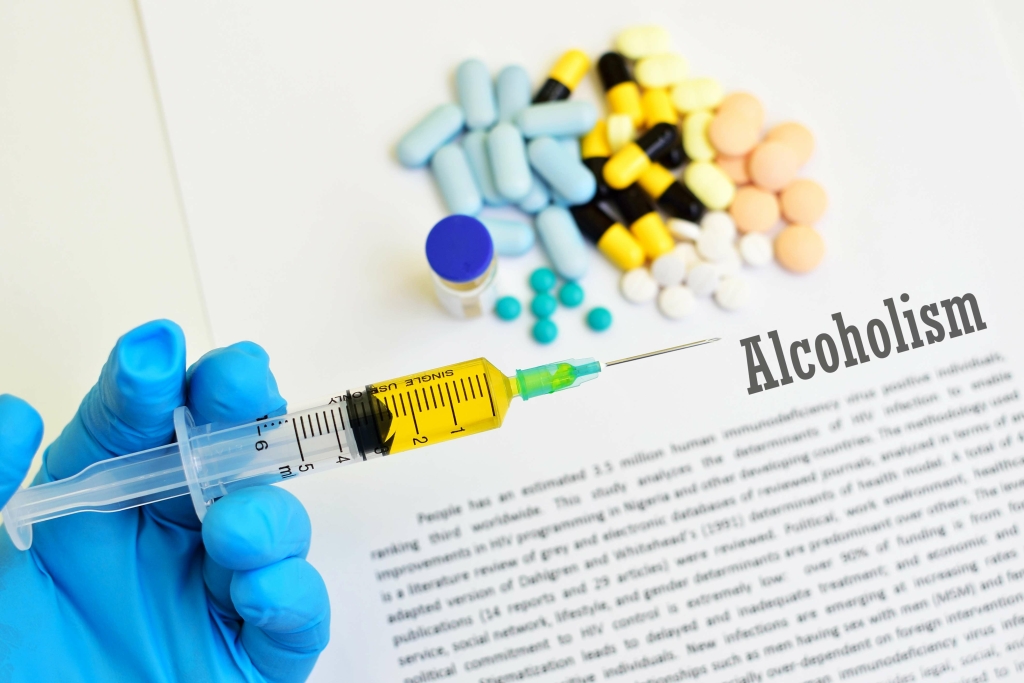However, while sugar can help with energy levels in the short-term, it can also contribute to problems in the long-term. For example, eating too much sugar can lead to weight gain, which can be difficult to lose once sober. Additionally, sugar can cause blood sugar levels to spike and crash, which can lead to feelings of irritability and fatigue. Therefore, it is important for people in recovery to find a balance when it comes to consuming sugar.
Can CBT Help Treat Alcohol Addiction?
- Here we explore strategies to manage sugar cravings in alcoholics and emphasize the importance of seeking professional help.
- However, generally, these intense cravings tend to lessen over a few weeks or months as your body normalizes and the remnants of alcohol leave your system.
- In recovery, their treatment center helped them determine their future dietary choices.
- The glycemic index (GI) is a measure of how quickly a food or beverage raises blood sugar levels.
- These deficiencies can trigger the body to signal for increased sugar intake as a quick source of energy, which creates a cycle of craving and consuming sugary foods or beverages.
High sugar intake can result in addictive-like behaviors in individuals, including cravings and a loss of control over consumption. This addictive nature of sugar can be particularly problematic for alcoholics, as it may exacerbate their struggles with alcohol use disorder 2. This addictive nature why do alcoholics crave sugar of sugar can be particularly problematic for alcoholics, as it may exacerbate their struggles with alcohol use disorder.
- It is important to note that while sugar can provide a short-term energy boost, excessive consumption can lead to long-term problems such as weight gain, blood sugar fluctuations, irritability, and fatigue.
- Thus, understanding your cravings, tracing their root cause, and arming yourself with effective coping methods could turn this seemingly rocky journey into a smoother path towards recovery.
- In summary, the inherent dangers of sugar addiction in alcoholics underscore the importance of addressing both alcohol and sugar addiction in the recovery process.
When Is It Time to Seek Mental Health Treatment?
By considering the influence of genetic and familial factors, we can gain a better understanding of why alcoholics may experience a specific craving for sugar. These factors contribute to the complex interplay between biology, genetics, and behaviors that shape an individual’s relationship with alcohol and their preference for sweet tastes. Research has shown that a significant number of individuals with alcohol dependence exhibit a preference for sweet foods, particularly those with a high concentration of sucrose. This preference for sweetness is not limited to alcohol-dependent individuals but is also observed in other individuals Drug rehabilitation with drug dependencies. Recovery Ranger is a website that offers direction and support for those seeking to overcome addiction and achieve lasting sobriety. Our team of specialists helps individuals navigate the recovery process and stay motivated.
Role of Sugar in Compensating for Nutrient Deficiencies

After detox, you may experience physical symptoms like nausea, headaches, and fatigue, along with emotional challenges such as anxiety and mood swings. Discover how inpatient rehab physical therapy helps patients regain independence through personalized care, expert support, and tailored treatments at top facilities. Typically lasting 2-4 weeks, it supports recovery through personalized, structured care. Discover the deeper drugs dreams meaning—explore what these visions reveal about addiction, recovery, and your https://64kmstudio.com/2023/07/20/house-traditions-2/ subconscious mind.

In today’s post, we’ll delve into the complex relationship between alcohol and sugar cravings. While it might be a relief to crave something else after quitting alcohol, sugar cravings must also be managed. Eating a healthy diet and recognizing that sugar addiction is a potential risk of a successful recovery can help you avoid transferring your addiction from alcohol to sugar. Alcohol consumption can have a significant impact on the nutritional status of individuals, leading to various deficiencies.

Creating and maintaining healthy habits is essential for long-term recovery from alcohol dependency. Strategies that emphasize healthy eating, regular exercise, and adequate rest are proven to aid recovering alcoholics in curbing their sugar cravings. Comprehensive nutrition therapy can assist in making healthier choices while supporting the recovery process 4. Seeking nutrition counseling can significantly assist individuals in managing their cravings for sugar while maintaining sobriety.
